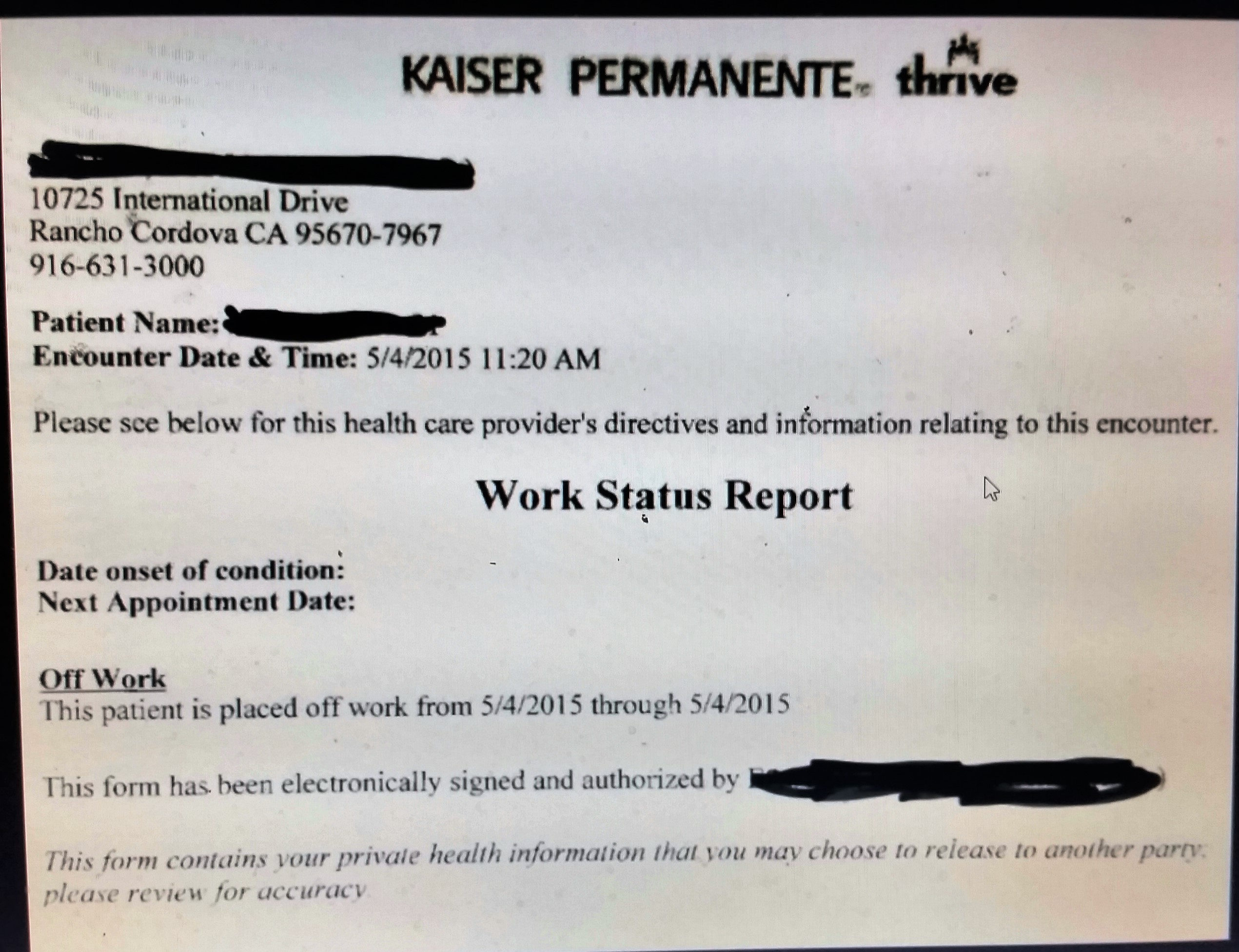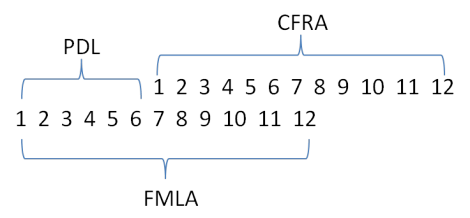
Requesting Accommodation Is Now A Protected Activity
Until recently, the employers were able to successfully argue that a retaliation claim cannot be made based on requesting accommodation to a disability. This was due to the California case law that suggested that requesting an accommodation to a disability is not a “protected activity” within the meaning of FEHA anti-retaliation laws, and therefore no Read More …







